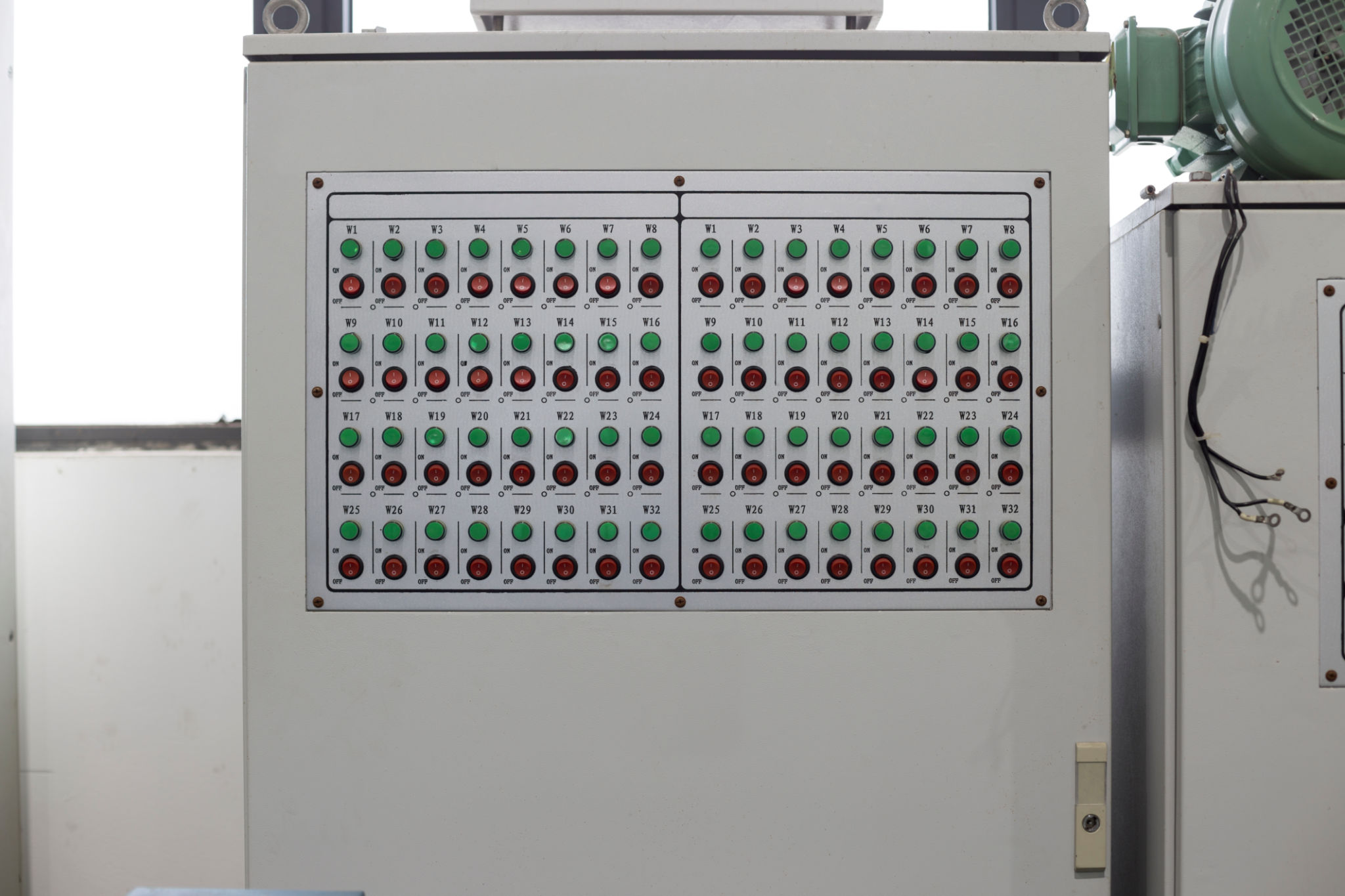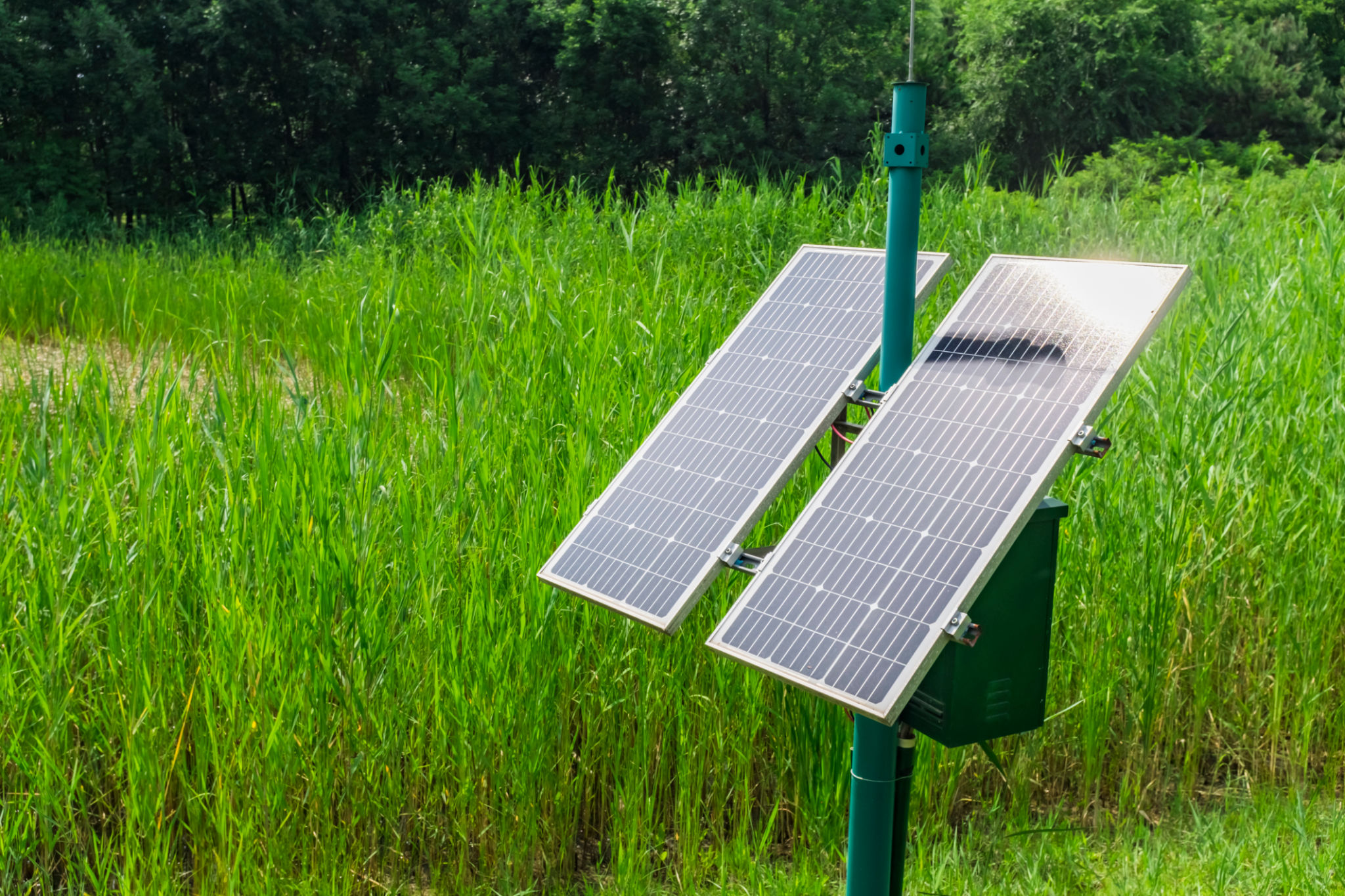The Future of Electroplating: Trends and Innovations from Bursa's Automation Experts
The Rise of Automation in Electroplating
Electroplating, a cornerstone technique in manufacturing, is witnessing a transformative evolution driven by automation. In Bursa, a hub of industrial advancement, experts are leveraging cutting-edge technologies to redefine the electroplating process. The integration of automation not only enhances precision but also significantly improves efficiency, setting a new standard for the industry.
One of the primary advantages of automation in electroplating is the reduction in human error. Automated systems ensure consistent quality by precisely controlling plating parameters. This consistency is crucial for industries such as automotive and electronics, where even minor deviations can lead to significant repercussions.

Innovative Technologies Shaping the Future
Innovation is at the heart of Bursa's approach to electroplating. Among the latest trends is the adoption of robotic arms that handle components with unparalleled dexterity. These robots are programmed to execute complex plating tasks, ensuring uniformity and reducing waste.
Additionally, the use of smart sensors in electroplating tanks is becoming prevalent. These sensors provide real-time data on factors such as temperature, pH levels, and plating thickness, allowing for immediate adjustments and optimal resource utilization.

Sustainable Practices and Environmental Impact
As environmental concerns grow, there is an increasing focus on sustainability in electroplating. Bursa's experts are pioneering green technologies that minimize environmental impact. Efforts include the development of eco-friendly chemicals and processes that reduce hazardous waste.
An emerging trend is the implementation of closed-loop systems that recycle water and chemicals, significantly reducing resource consumption. This not only benefits the environment but also leads to cost savings for manufacturers.

The Role of Advanced Materials
The exploration of advanced materials is another exciting frontier in electroplating. Nanotechnology is playing a pivotal role, enabling the creation of coatings with enhanced properties such as improved corrosion resistance and conductivity.
Materials like graphene are being integrated into electroplating processes to produce coatings that are not only more durable but also lighter, opening new possibilities for application in sectors like aerospace and electronics.

Challenges and Future Prospects
Despite these advancements, challenges remain. The high initial cost of implementing automation and advanced technologies can be a barrier for smaller enterprises. However, the long-term benefits such as increased efficiency and reduced operational costs are encouraging more companies to invest in these innovations.
Looking ahead, the future of electroplating in Bursa appears bright. With continuous investment in research and development, the region is poised to remain at the forefront of technological advancements, setting global standards for quality and sustainability in electroplating.

